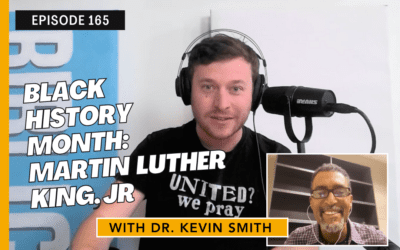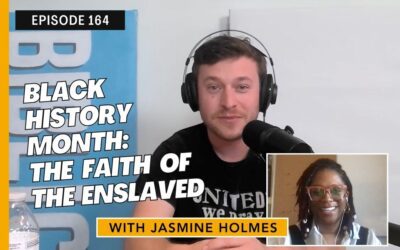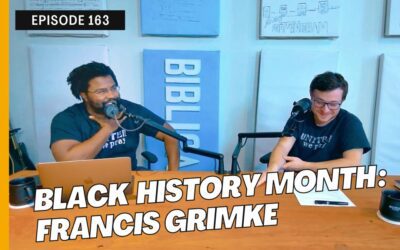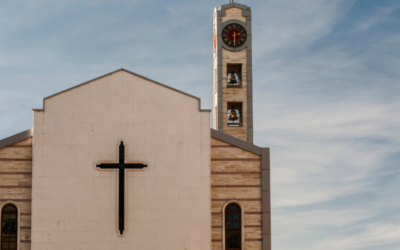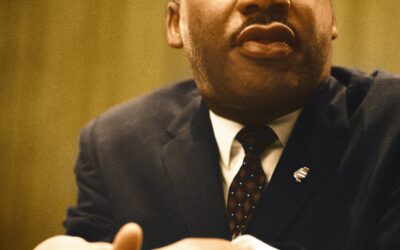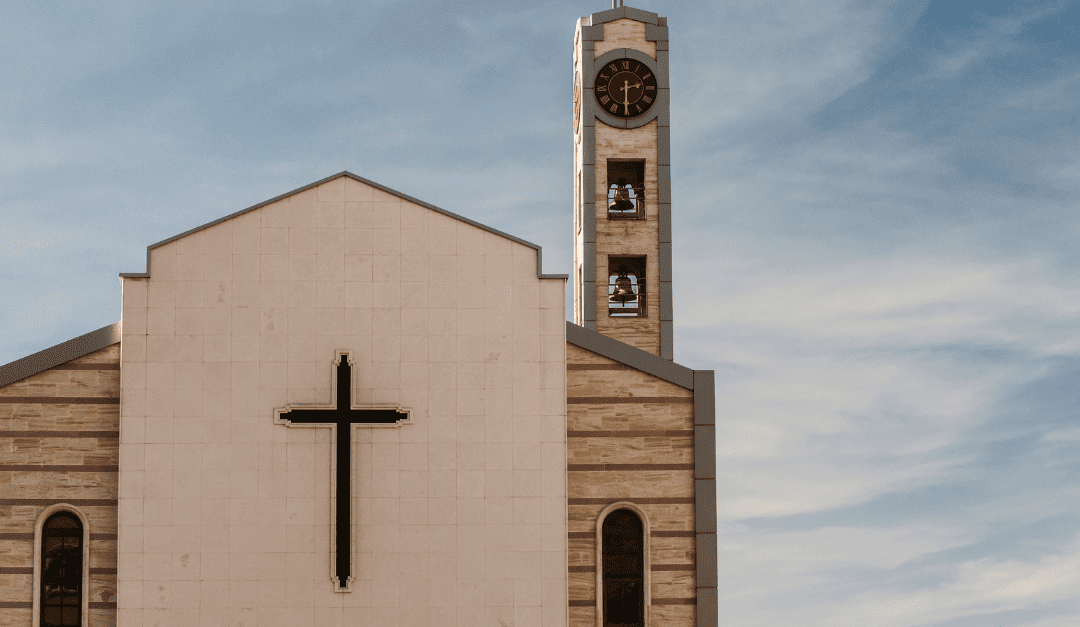Slow Growers, Late Bloomers, and Those Yet Unseeing? How often must Christ have stared into the eyes of his dearest friends and known they didn’t get it—let alone the countless faces in the crowds whose understanding veered even further from the truth. From birth to death, Jesus was misunderstood, underestimated, and only faintly grasped. Lest we think ourselves exceptional, he found us shallow of understanding as well, and, truth be told, he still does. Or at least, it’s how he finds me.
In her book If, Amy Carmichael says, “If I do not look with eyes of hope on all in whom there is even a faint beginning, as our Lord did…then I know nothing of Calvary love.” Calvary demonstrates how Christ dealt with the incorrigible and how Christ followers likewise ought to deal with slow growers, late bloomers, and those yet unseeing.
Contention rules the day, even in our churches. Disagreements seem more numerous and noxious than ever. When the world recently erupted with cries for justice after the killing of George Floyd, I was skeptical. Where did all these people who suddenly cared come from? I wondered what was different this time. Was it the backdrop of global boredom gripping those not personally affected by COVID? The restlessness of news cycles filled with nothing but infection rates and death counts? How had all the people now so earnest ignored similar earlier events?
I looked at my friends—people who’d had access to me, my story, and my writing for years—who had failed to give ear to my concerns before. It was hard not to begrudge their years of disinterest and flippant offending. Were they actually slow to learn or just jumping on the most recent trend? Like one suffering from amnesia I wondered these things, forgetting I too have been slow to learn and take action.
I had an old friend who was masterful at talking me out of my self-righteousness and exasperation with people I felt didn’t get it, but people, it turns out, who were only a few steps behind my level of understanding. His questions hewed close to those in 1 Corinthians 4:7. He pressed me by probing in what was my boast. He’d counter my “what took them so long”s and “what’s so hard to understand”s with questions about how I had arrived at my own understanding. He’d ask if I could remember a time when I had not cared as deeply about a particular issue as I do now or if I’d ever discovered any new application of the gospel to my life since I’d first followed Christ. Had I ever grown more slowly out of a hurtful habit than I’d have liked? Had I always known and hated with equal vigor all my sin? I knew I was more like those who offended me than I liked to let on and that I was both ignorant of most of my sin and struggled with what little of it I knew. We could all use a friendly reminder that we are not spiritually self-made.
The enterprise of sanctification is not making the wise more brilliant but making the fool less foolish (1 Corinthians 1:27). The reality is that Christ did not save those in whom there was a faint beginning, but rather that he, since Adam, has set his sights ever only on the hopeless (Ephesians 2:12) for his gift of salvation and sanctification. Then he bears with us as we grow, and continues with us as we fumble forward toward truth. God’s mercy creates our faint beginnings and his patience guarantees our glorious ends. My assurance comes not from my cleverness or progress but from the cross and Christ’s resurrection alone.
To apprehend this state in which I find myself and to know the welcome of Christ while withholding such grace for my neighbor—this is to forget who I am. It is to assume an identity and biography other than what is true. If I possess knowledge, then my next action when encountering those who have less of it or come to it later than me is not to harangue them. Instead, if I have tasted the sweet long-suffering grace of Christ in my ignorance, I extend it to others. If I am drawn not just to Christ’s benefits but to his person and his means of grace, then humility and not pride will follow.
When we see the slight evidence of grace budding however slowly from the soil of our neighbors’ lives, it is cause for celebration. God causes all growth (1 Corinthians 3:7). Seeing that small beginning, we appeal to God to do with them what he has done again and again for us: to unstop our ears, to soften our hearts, to fill them with the godly sorrow that propels our own growth.
Prayer Requests:
- For humility to engage people at their various stages of the sanctification process.
- For a deeper fuller awareness of our own ignorance.
- For zeal and persistence to pray those faint beginnings into blossoming fruit.


